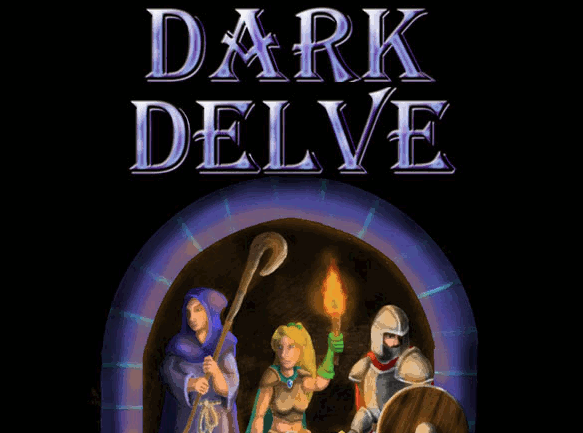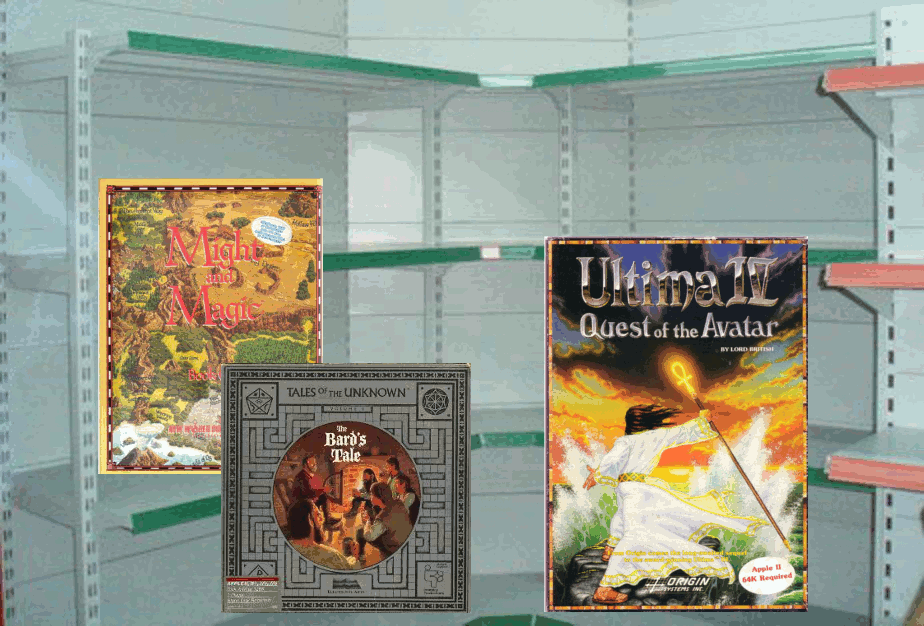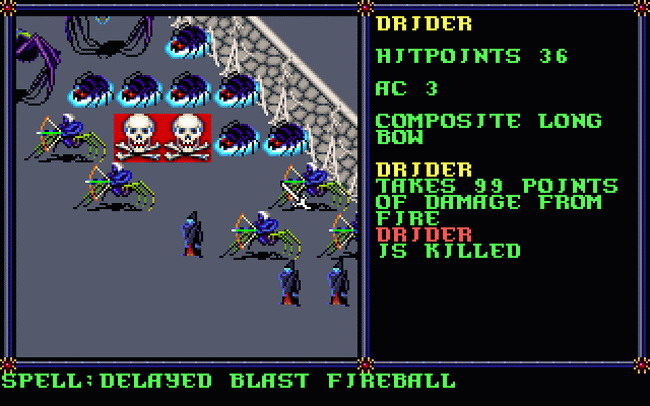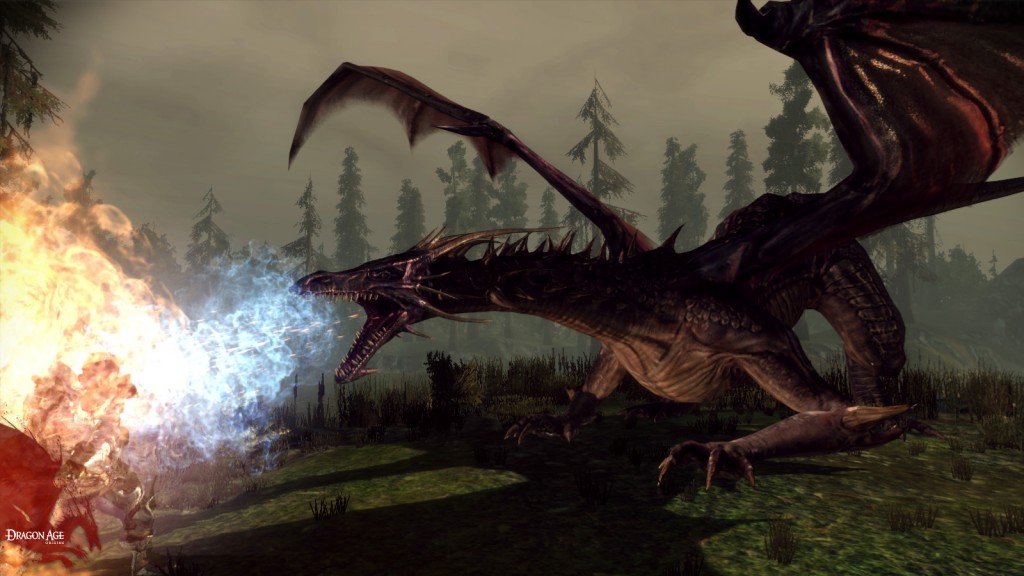About a year ago, I posted an article to this blog lamenting the dearth of grid-based dungeon-crawlers. Well, Mark Harvey of Checkmark Games actually decided to do something about it. Basically a one-man development team, Harvey recently launched Dark Delve as an Xbox Live Indie Game. This game is exactly what I was pining for.
In the spirit of games like the original Bard’s Tale and Might & Magic series, Dark Delve finds you creating a party of four adventurers to explore a massive, grid-based dungeon. If, like me, you are over the age of thirty with fond memories of looting dungeons on an Apple IIc (or if you are a youngster with a taste for classic CRPGs), you owe it to yourself to at least download the free demo of this game. (The full version is a steal at 80 Microsoft Points / one U.S. dollar.)
Read the rest of this entry »



